Ever felt your throat completely dry after a long walk under the sun?
Or laughed awkwardly, trying to hide embarrassment — a hollow, dry laugh?
That’s when Japanese people say “Kara Kara.”
Before we dive in, hear what it sounds like!
What is “Kara Kara” (からから)?
“Kara Kara” is a versatile onomatopoeia expressing dryness — physically, emotionally, or atmospherically.
It’s used in several ways:
- For the throat or body — dry or thirsty.
- For objects — rattling or empty.
- For laughter — dry, awkward, or insincere.
Pronunciation
kah-rah kah-rah
(Say it sharply and lightly, like dry leaves brushing against each other.)
Categories
Condition / Sound
What Does “Kara Kara” Look Like?
It looks like cracked soil under the sun.
Like a forgotten bottle rattling empty in the wind.
Like a faint, dry laugh echoing in a quiet room.

How Do You Say It?
Say it briskly, letting the dryness come through:
Kara kara…
Like a throat gasping for water,
or a hollow object rolling across the floor:
Kara kara…
Example in Daily Life
Thirsty
After the marathon,
her throat was completely dry —
kara kara…
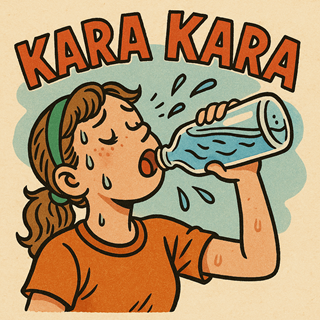
Cultural Note
In English, you might say:
“My throat is parched.”
or “He gave a dry laugh.”
But in Japanese, “kara kara” is sensory —
you feel the dryness in sound, texture, and mood alike.
Watch & Feel the “Kara Kara” World!
The sound of emptiness, dryness, and lightness…
Try Using It!
When your throat’s dry, when laughter feels hollow —
say it lightly:
Kara kara〜

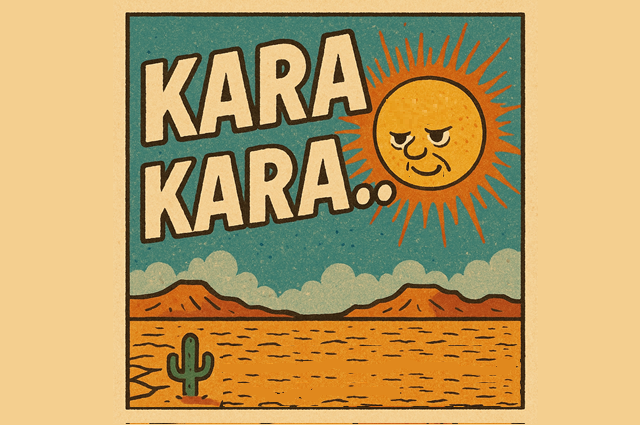



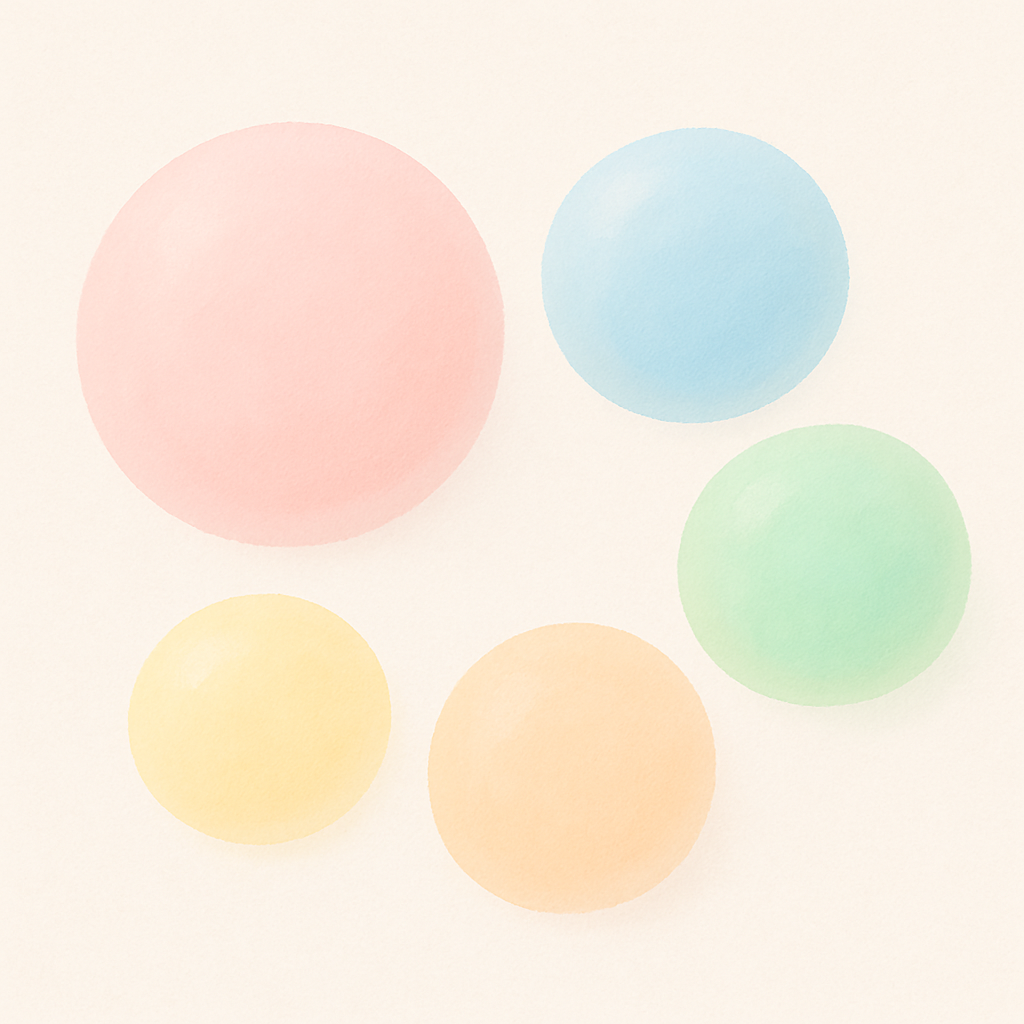


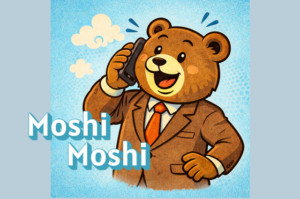
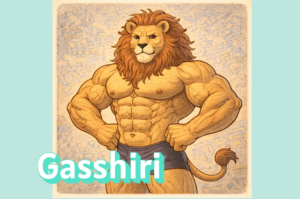
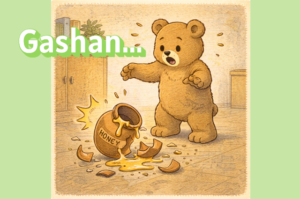
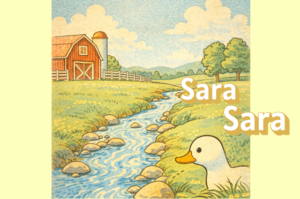
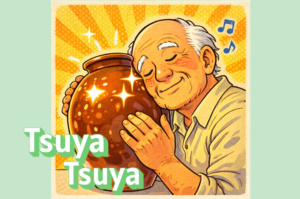
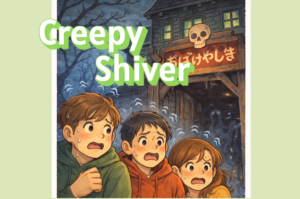
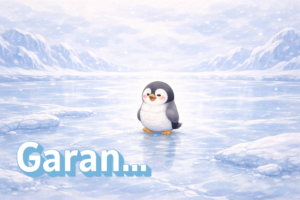
Comments